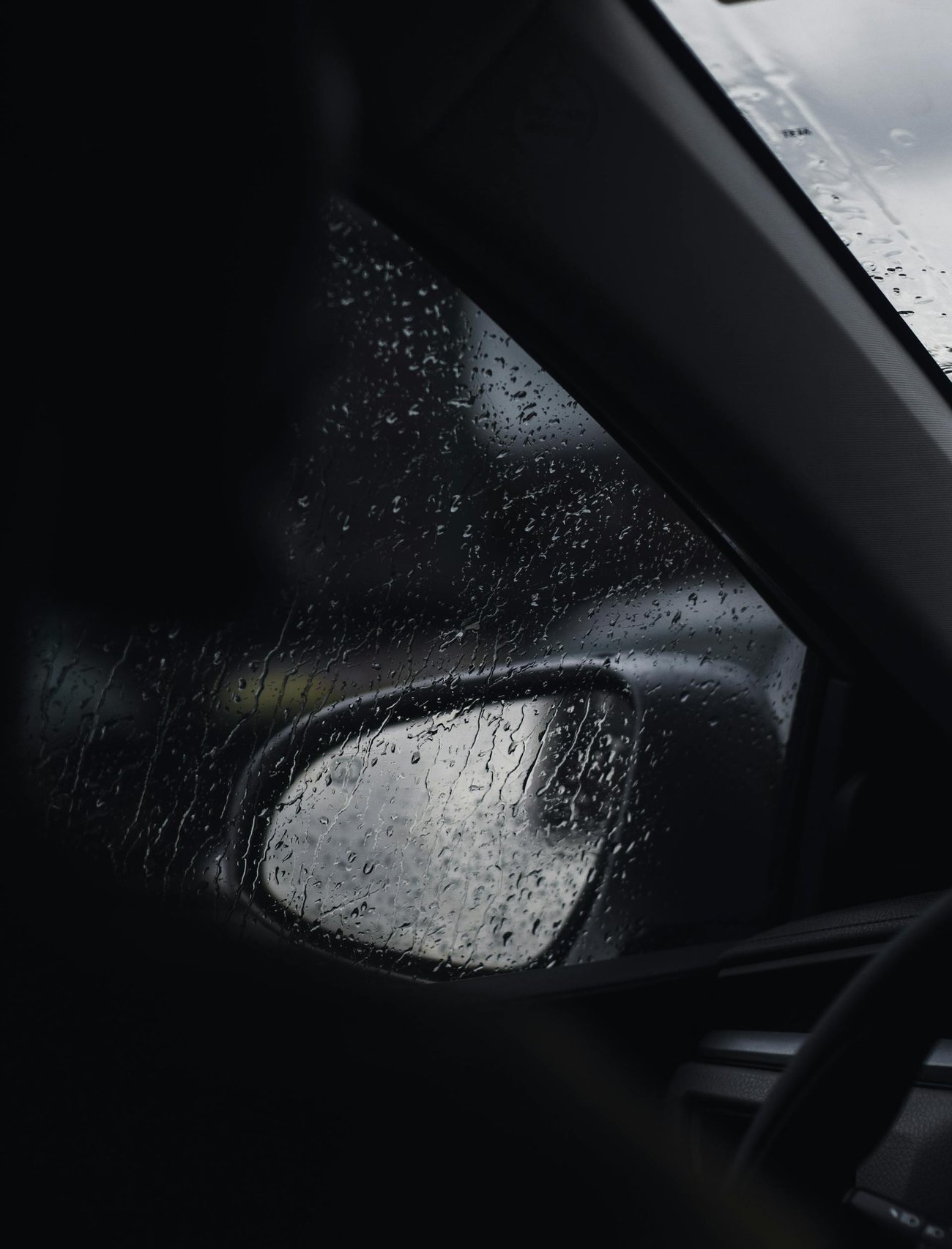|
Greetings Decision Maker,
The COVID-19 pandemic acted as a catalyst for one of the most dramatic workplace transformations in modern history. Remote work, once a privilege limited to a small segment of the workforce, became a necessity for businesses to survive. In 2019, only 6.5% of workers in the private business sector primarily worked from home. By 2021, the percentage had surged, reshaping industries and raising questions about productivity's fate in this new work environment.
A recent study by the U.S. Bureau of Labor Statistics (BLS) sheds light on the relationship between remote work and productivity. Analyzing 61 industries across the private sector, the study found a positive correlation between the rise in remote work and Total Factor Productivity (TFP), even after accounting for pre-pandemic trends. These findings make the recent efforts to reverse remote work and get all staff back into the office, whether by corporate giants like Amazon or the Trump administration, especially concerning, since they would thus undermine American competitiveness.
To learn more, check out this blog.
|
|
|
|
|
Prefer video to text? See this video based on the blog: |
|
|
|
|
If you prefer audio, listen to this podcast based on the article: |
|
|
|
|
|
|
Make Your Voice Heard
Vote in this LinkedIn poll to contribute to the conversation. I will use the responses to inform my articles in Harvard Business Review, Fortune, and Entrepreneur. |
|
|
|
|
Your Testimonials
You and others who gain value from Disaster Avoidance Experts services and thought leadership occasionally share testimonials about your experience, such as the one below. You can read more testimonials here. |
|
|
|
|
“I brought Dr. Gleb to do a program about implementing effective hybrid and remote work practices as part of an executive education program I run for law firm leaders. Dr. Gleb greatly exceeded my expectations. He thoroughly customized his remarks to address the needs of lawyers and law firms. His highly engaging and dynamic delivery clearly impressed the attendees. I've gotten fantastic feedback from so many people. I strongly recommend him for anyone who is looking for a great speaker on this or any other topic.”
- Toni M. Jaeger-Fine, Senior Counselor and Adjunct Professor of Law |
|
|
|
|
Agnes (my wife and business partner) and I were planning to go to a major outdoor show recently. We bought expensive tickets and were talking about it for many weeks, preparing for the show and getting excited about it. Yet on the eve of the event, the weather turned bad. The show was over an hour away from our home in Columbus, and the county where it was held declared a flood watch, with thunderstorms incoming. So we had to make a choice: go and risk it, or cancel our plans.
Fortunately, the concept of sunk costs was very helpful. It’s a cognitive bias where if you invest resources (money, time, emotional energy) into a project or opportunity it then feels bad to let it go, even if the project/opportunity becomes less desirable than it was when you initially decided to invest into it. The key to overcoming this cognitive bias is to start with a fresh slate and accept that your sunken costs are lost. You now have the opportunity to either go to the show for free, with all the excitement and knowledge you have about it, or you can stay home and avoid the risk of driving through flooded areas and watching a show in the pouring rain. That’s a much easier choice than agonizing over the money spent and time/emotions invested. We decided not to go, and were grateful that we didn’t take the risk of facing flooding or getting soaking wet watching the show.
|
 |
|
|
|
|
Would love to get your feedback on what you found most useful about this edition of the “Wise Decision Maker Guide” - simply reply to this email.
Decisively Yours,
Dr. Gleb
|
|
|
|
|
Dr. Gleb Tsipursky
CEO of Disaster Avoidance Experts
PS: Are we connected on LinkedIn? If not, please add me.
Did you miss out on reading any of my bestselling books? |
|
|
|
|
Disaster Avoidance Experts is a social enterprise dedicated to promoting science-based truth-seeking and wise decision-making. All profits are donated to Intentional Insights, an educational 501(c)(3) nonprofit organization, and its Pro-Truth Pledge project.
You're getting this email because you indicated that you wanted Dr. Gleb's resources. |
|
|
|
|